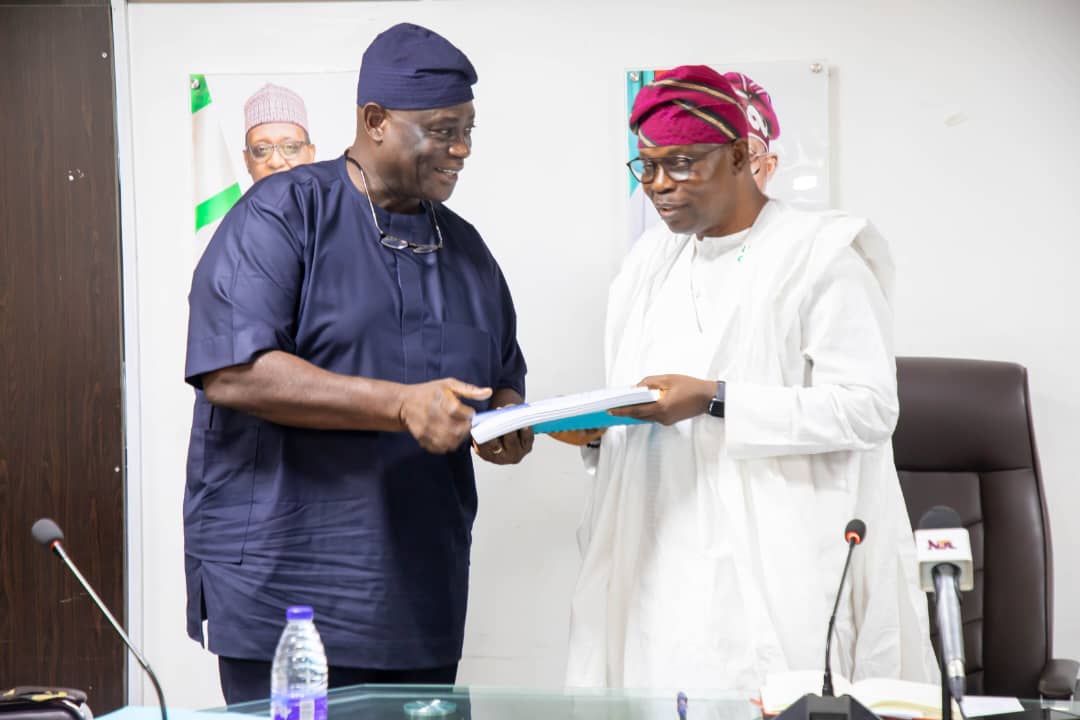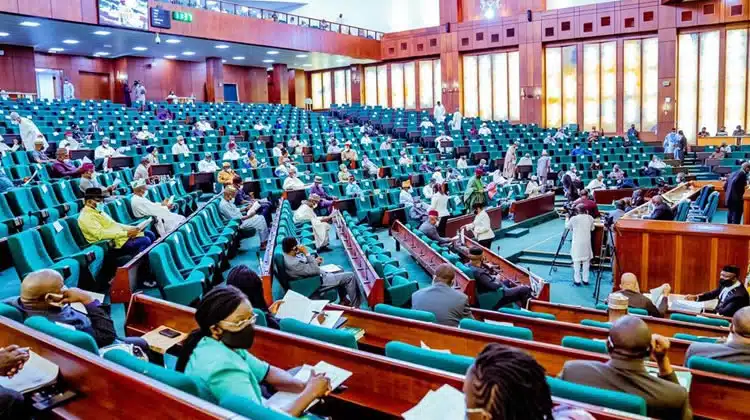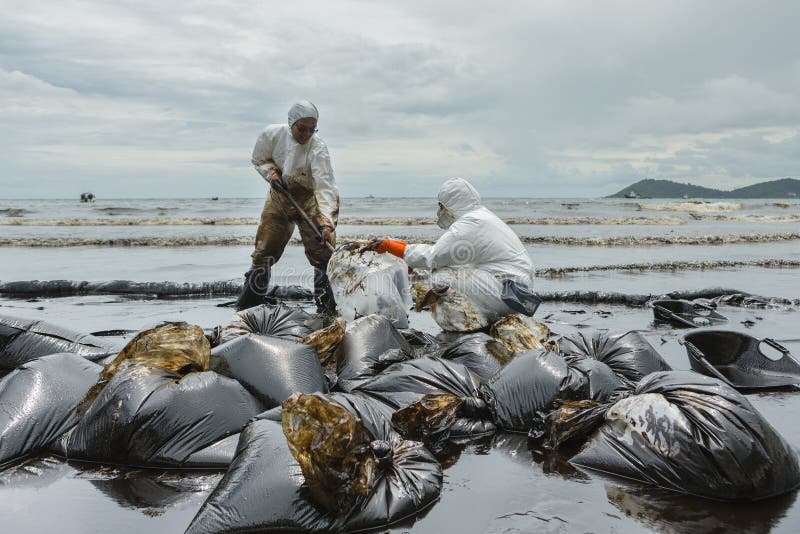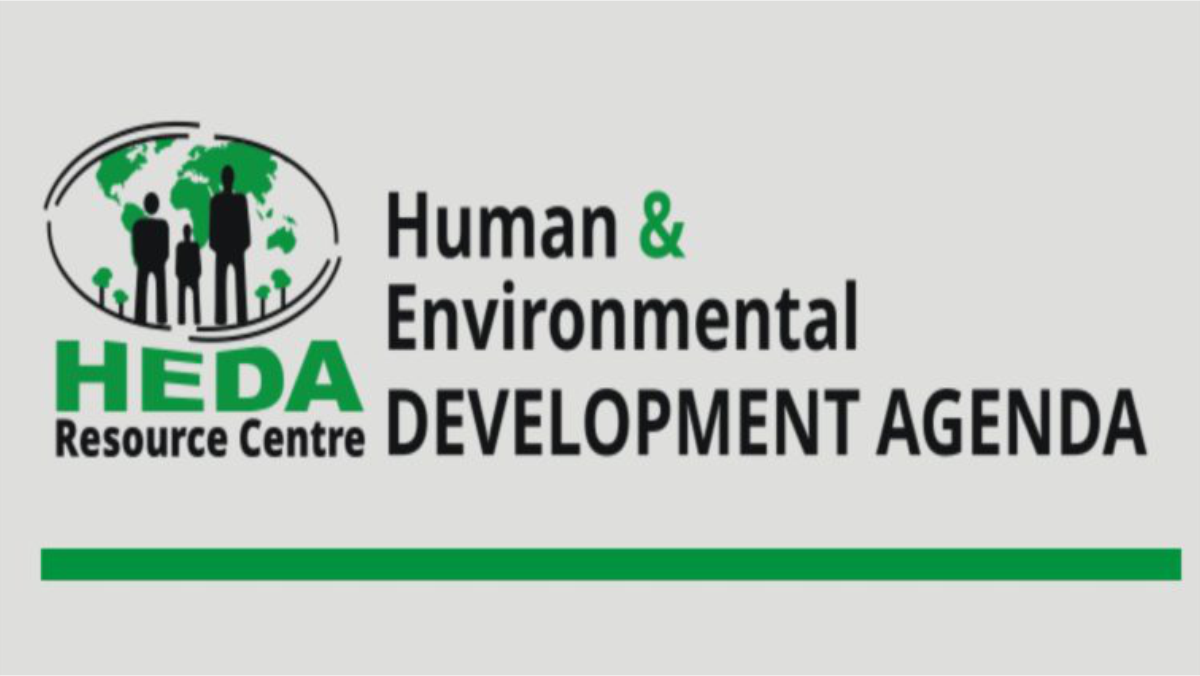Senate Mulls Terrorism Charges for Crude Oil Thieves as Akpabio Declares Zero Tolerance

The President of the Senate, Senator Godswill Obot Akpabio, has reaffirmed the National Assembly’s commitment to ending crude oil theft in Nigeria, revealing that lawmakers are considering stiffer penalties, including terrorism charges, for major offenders.
Speaking through the Deputy Senate President, Senator Barau I Jibrin, at the opening of a two-day public hearing on crude oil theft, Akpabio said the 10th National Assembly will not watch idly as the nation’s economy is drained by criminal networks.
“We are prepared to strengthen laws, enhance oversight, and hold agencies accountable for protecting our oil assets,” he said.
Key legislative proposals under consideration include:
Tougher penalties, including classifying large-scale oil theft as an act of terrorism Mandatory digital metering and real-time monitoring of oil production and exports Greater transparency in crude lifting and revenue reporting Stronger inter-agency collaboration, involving the military, police, NSCDC, EFCC, and international partners
Akpabio stressed that the fight against oil theft cannot be shouldered by the government alone.
He urged oil companies to invest in modern surveillance and called on host communities to act as the first line of defense not as passive bystanders or collaborators.
“Security agencies must demonstrate zero tolerance for complicity,” he added.
Declaring the hearing open, he charged stakeholders to engage seriously and deliver actionable, time-bound recommendations.
“To the criminals stealing our crude, your time is up. To the agencies tasked with protection, the nation is watching. And to this Ad-hoc Committee, the Senate expects a robust, no-holds-barred report that will drive decisive action. It’s time to take back what belongs to Nigeria.”
He commended the Ad-hoc Committee on Incessant Crude Oil Theft, chaired by Senator Ned Munir Nwoko (Delta North), for organizing the session.
Highlighting the economic gravity of the situation, Akpabio noted that the oil and gas sector accounts for over 80% of government revenue and 90% of foreign exchange earnings. Yet Nigeria loses between 150,000 and 400,000 barrels of crude daily to theft.translating to billions of dollars in annual losses.
“Crude oil theft is not a victimless crime. It undermines our economy, devalues the naira, deprives essential sectors of funding, and perpetuates poverty in oil-producing communities. Worse, it fuels illegal arms, violence, and criminal networks that threaten national security,” he said.
Calling crude oil theft a clear act of economic sabotage, Akpabio said perpetrators must be treated as enemies of the state.
“We can no longer allow a few greedy individuals and cartels to hold the nation’s wealth hostage while millions of Nigerians suffer,” he declared.
He emphasized the need to investigate critical questions:
Who are the perpetrators, militants, corrupt officials, or foreign collaborators?
Why have current security measures failed?
How is stolen crude exported undetected?
What reforms can close existing loopholes?
“We must scrutinize the roles of regulators, security forces, oil firms, and host communities whether they are enabling or confronting this national scourge,” Akpabio added.





